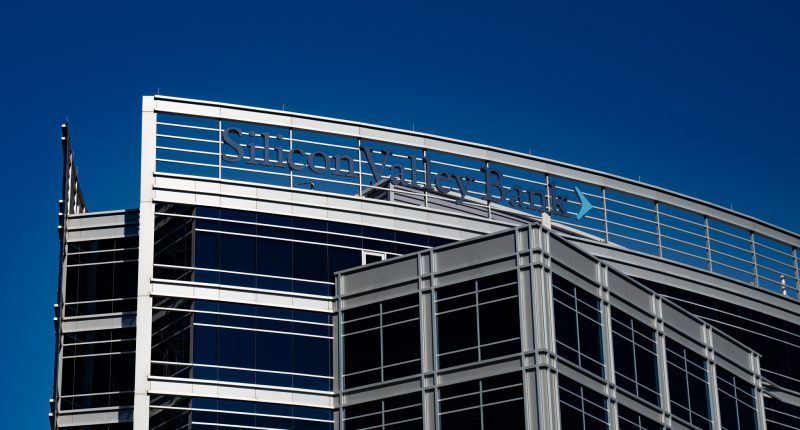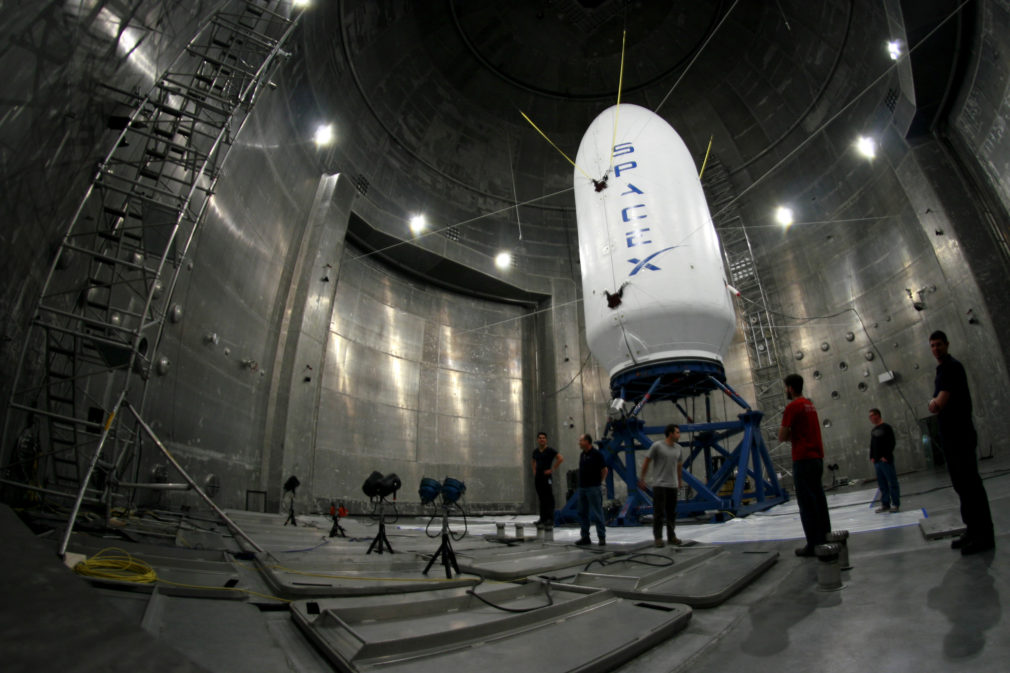The world of entrepreneurship is often associated with risk-taking and uncertainty, but the sudden collapse of Silicon Valley Bank (SVB) has brought a new level of unpredictability, more specifically to the startup community. SVB was a key player in the startup venture capital world, providing funding and support to countless startups. As a primary investor in the tech industry, SVB was known for providing financial backing to promising startups, offering them the resources and support necessary to achieve success.
However, the sudden and unexpected collapse of the bank has left many entrepreneurs struggling to find the funds needed to continue their operations. According to Y Combinator, the SVB crisis has impacted around 10,000 small businesses – which may potentially result in the loss of nearly 1 lakh jobs. It added that 1/3rd of the startups in Y Combinator’s community use SVB as their sole account.
Despite this challenging situation, entrepreneurs are stepping up to provide support and funding to those affected by the collapse of SVB. Support has been pouring in for the startups that were affected by the bank’s closure. These entrepreneurs include OpenAI CEO Sam Altman and venture capitalist Vinod Khosla, among others.
They, according to media reports and posts on social media platforms, have been sending financial support to the affected startups to survive in the wake of the dramatic collapse of the Silicon Valley Bank.
A report by TechCrunch revealed that Altman is using a “decent amount” of personal capital to aid the affected startups, and assuring them that there is no deadline to paying him back. According to a tweet by his brother Jack Altman, the OpenAI CEO has been sending money with “no docs” and asking them to “send me back whatever you can whenever you can.” This comes as a lifeline for the startups whose funds are stranded at the now-collapsed bank, and are concerned about paying their employees.
Sam has been sending stuck startups money today with no docs, just saying “send me back whatever you can whenever you can”. What a legend 🥲
— Jack Altman (@jaltma) March 11, 2023
Doktor Gurson, CEO of Rad AI, informed that his email to Altman requesting financial help was replied to within an hour or two, wherein the OpenAI CEO offered “six figures” with “no strings attached.”
Khosla took to Twitter to inform that he was offering personal loans at borrowing cost to companies in the Khosla Ventures portfolio, and like Altman, urged others to offer financial aid to employees and affected startups. “Today is a good day to offer emergency cash to your startups that need it for payroll or whatever. no docs, no terms, just send money,” Altman tweeted. Khosla tweeted that large VC firms should step up, “especially those taking home millions in fees.”
investors who ask "how can i be helpful": today is a good day to offer emergency cash to your startups that need it for payroll or whatever. no docs, no terms, just send money.
it's hard for me to imagine depositors actually losing money here, but so stressful in the meantime…
— Sam Altman (@sama) March 10, 2023
Others who have pitched in to help the affected startups include fintech startup Brex, which announced that it would offer emergency lines of credit to the affected startups. Co-CEO Henrique Dubugras later told Reuters they received over $1.5 billion in requests from nearly 1,000 companies during the weekend to get through the next payroll. The startup is also teaming up with third-party providers to offer an emergency bridge loan (funds are set to be available early in the week). Hemant Taneja, CEO and MD, General Catalyst, is providing “very low-interest loans” to its portfolio companies as it follows in the footsteps of Redpoint, Lightspeed, Altimeter Capital, Ribbit Capital, and other VCs.
As the startup community continues to navigate the fallout from SVB’s collapse, the entrepreneurial spirit that has emerged is a testament to the resilience and determination of the tech industry. The entrepreneurial response to SVB’s closure has been remarkable, with a wide range of leaders in the tech industry stepping up to provide funding and support to affected startups.
These entrepreneurs understand the value of supporting startups, recognizing that these companies play a crucial role in driving innovation and economic growth. They also recognize the inherent risks and challenges associated with entrepreneurship, which is why they are committed to providing the support necessary to ensure these startups can thrive in the face of adversity.




